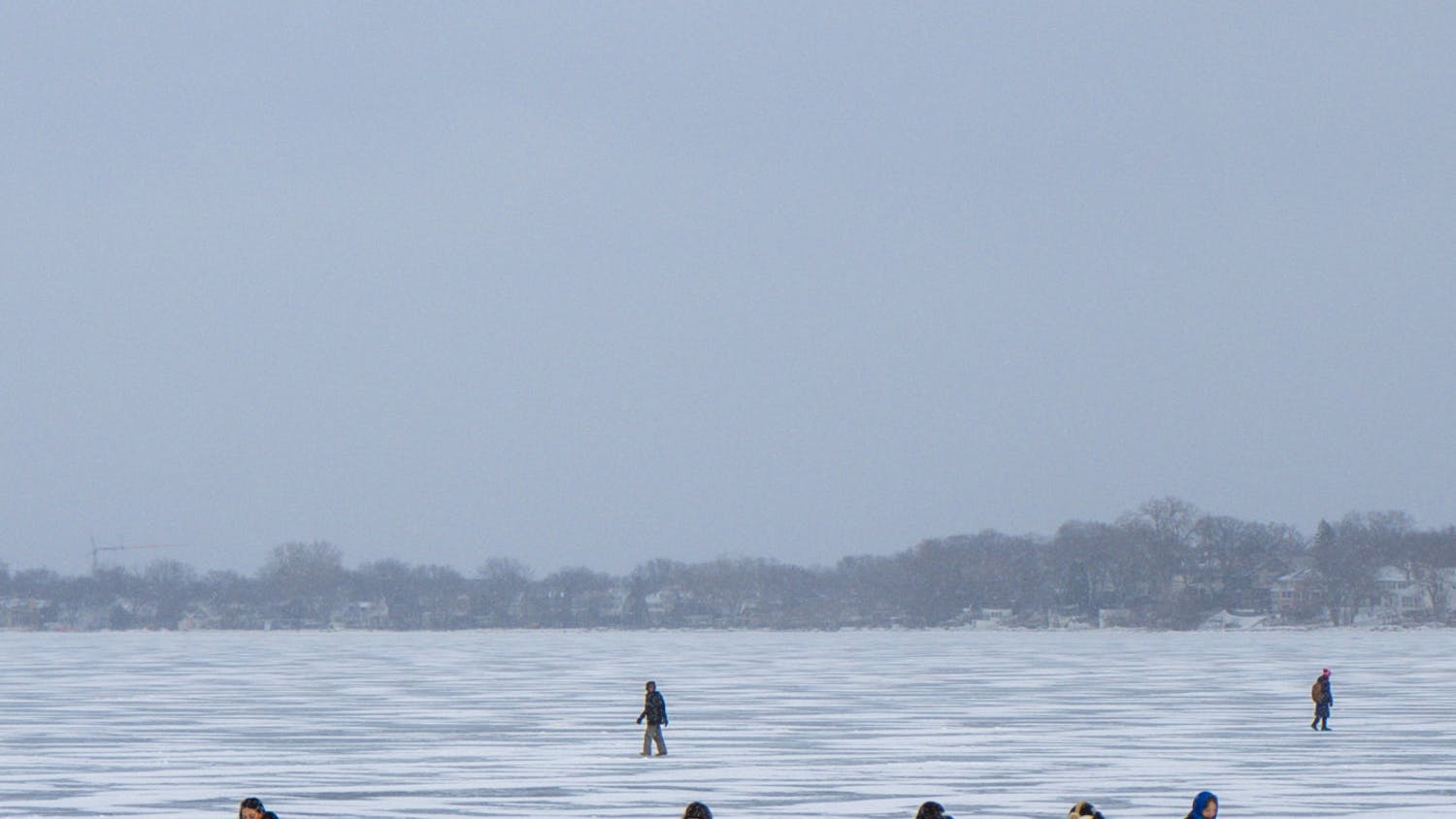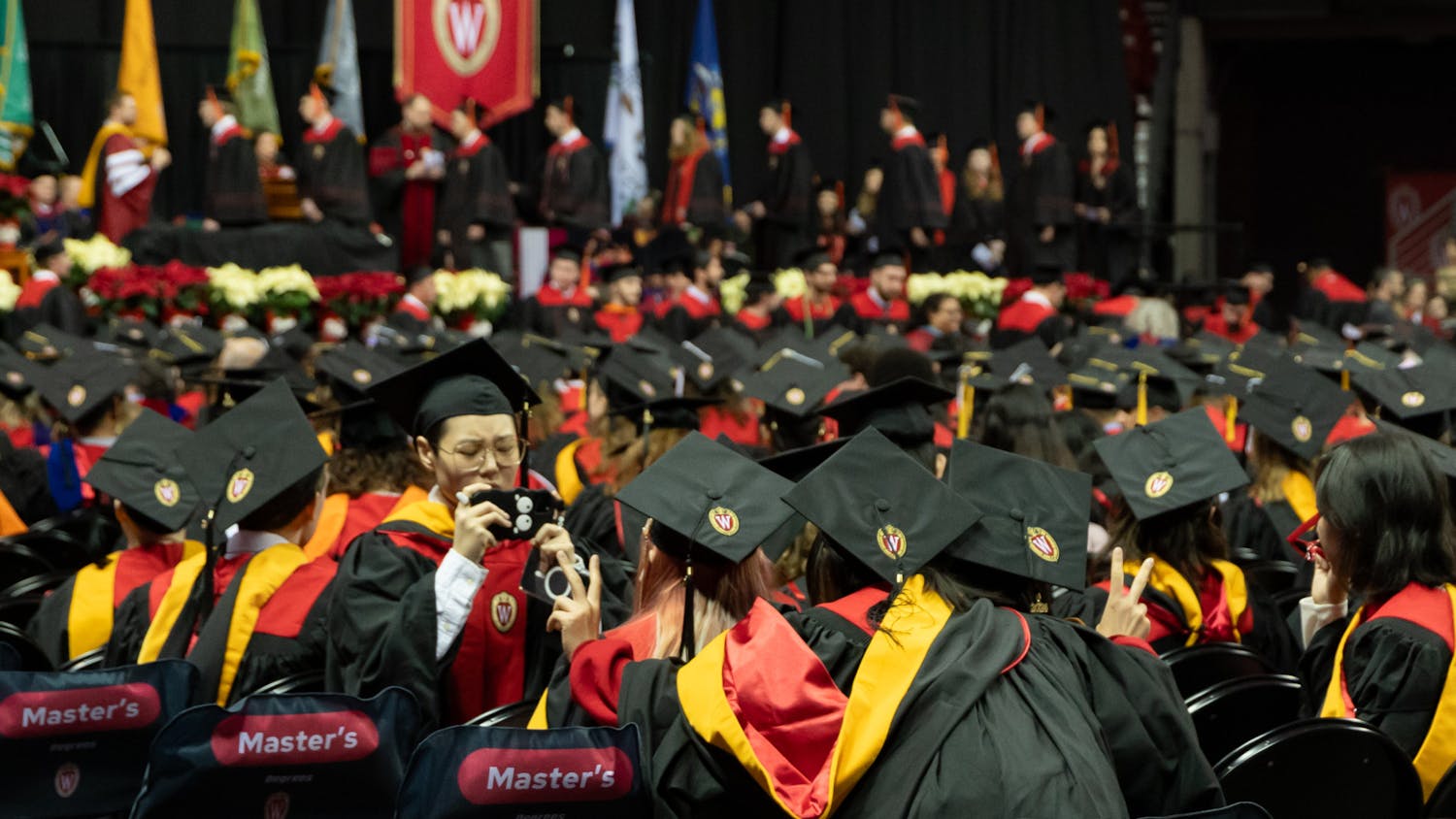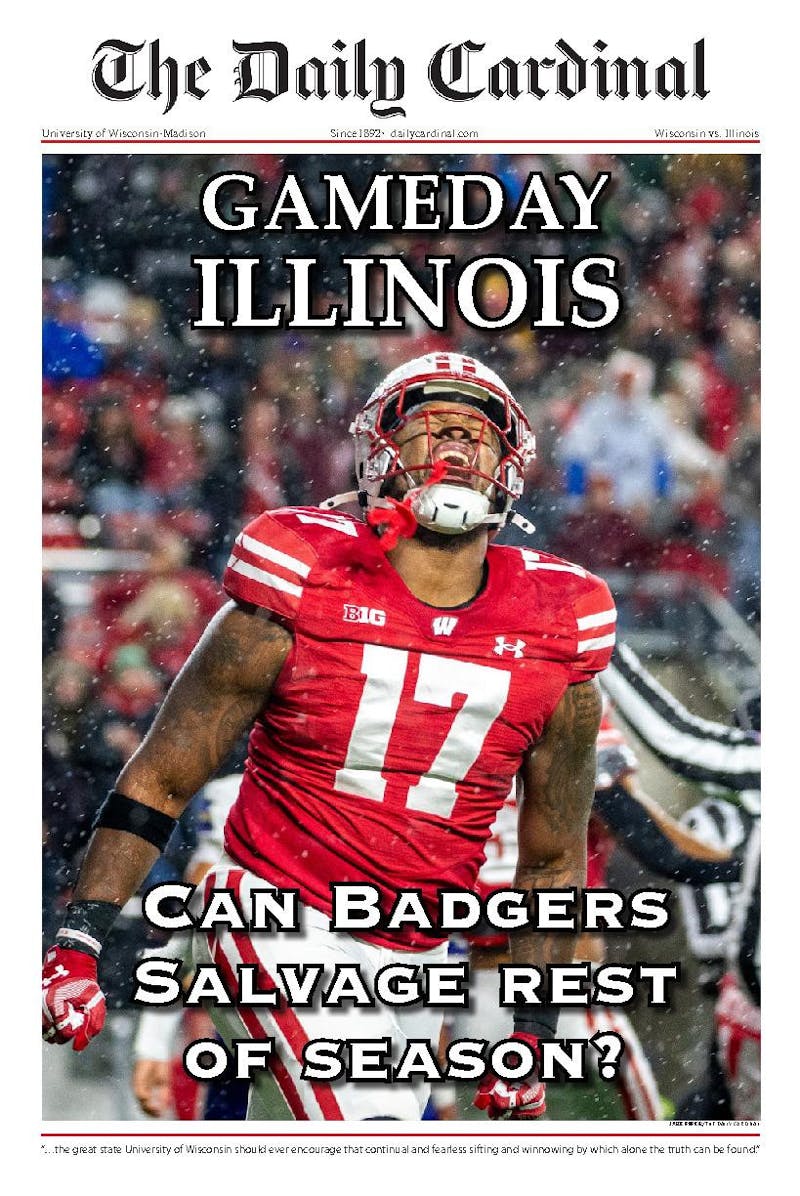More women are making their ""whey"" into the Wisconsin cheese industry, according to Jeanne Carpenter, spokesperson for the Wisconsin Department of Agriculture, Trade and Consumer Protection.
Within the last three years, half a dozen women have pursued their cheesemaker's license, compared to only 38 within the past 60 years.
""There's more women in agriculture in general, and in the whole cheesemaking industry,"" said Kara Kasten, a UW-Madison student double majoring in dairy science and life science communications.
UW-Madison offers courses aimed towards encouraging this trend. Carie Wagner was the first woman to earn the title of Master Cheesemaker in 2001 after completing an exhaustive three-year training course through the university.
""Wisconsin is the only state in the nation that has such an intensive cheesemaking class,"" said Heather Porter-Engwall, director of national public communications for the Wisconsin Milk Marketing Board.
Kasten, who is currently seeking her cheesemaker's license, is part of the growing number of women in Wisconsin with an interest in the industry.
Kasten works for the U.S. Department of Agriculture and said she has seen firsthand that ""a lot of the people coming in lately are women who want to start their own operations""—a dream which she also hopes to fulfill. Kasten said she sees herself working for a specialty cheese company after graduation and later owning her own farmstead cheese plant.
This is an ambitious goal recently fulfilled by Brenda Jensen of Hidden Springs Creamery in Westby, Wis.
""I quit my real job [and] decided to try to market cheese,"" Jensen said.
After obtaining a number of high-end accounts for her cheese, including the prestigious American Club in Kohler, Wis., it seems cheesemaking has become Jensen's real job. She recently completed a series of courses at UW-Madison and as of Thursday is a fully licensed cheesemaker.
Due in part to resurgence of artisan cheeses, cheesemakers are able to command a premium profit for their product, a major source of the growing interest among women.
These signature cheeses, invented by the cheesemaker and produced by hand in small batches, also allow for increased creativity.
Jensen developed her own recipe, and Kasten was also drawn to the artistic aspect of cheese development.
The nature of the cheese industry is changing, with a general return to traditional methods. Jensen has stressed her holistic approach to cheesemaking and the appeal it has for women, stating that even among seasonal cheesemakers, ""most of the ones that I know are women.""
Porter-Engwall said the future of cheese involves women in highly active roles.
""As people get more and more interested in where their food is coming from, women are definitely going to take more of a role,"" she said.





